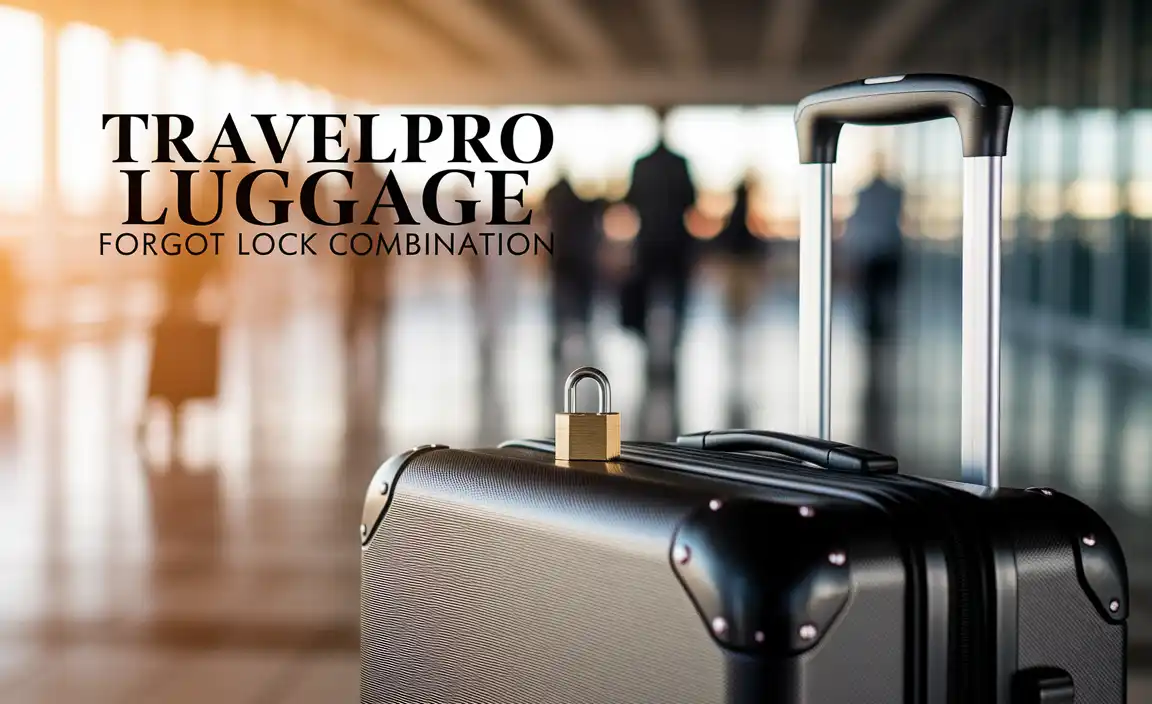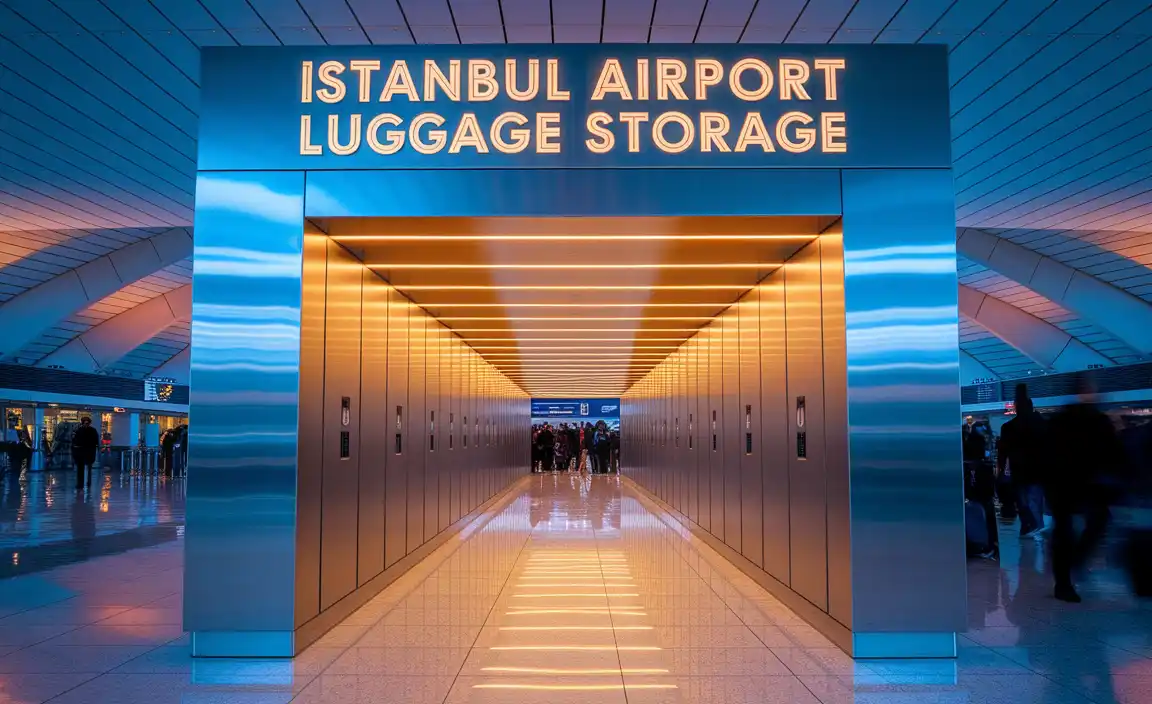Getting around Accra doesn’t have to be a headache. This guide breaks down the city’s public transport options, from tro-tros to taxis, making your travels smooth and affordable. You’ll learn how to find your way, understand the costs, and travel like a local.
Navigating Accra: Your Essential Public Transport Cheat Sheet
Welcome to Accra! As a vibrant and bustling capital, getting around can feel a little overwhelming at first. But don’t worry, Journey Essentials is here to equip you with the knowledge to navigate Accra’s public transport system with confidence. We’ll cover everything from the iconic “tro-tro” buses to readily available taxis, helping you save money and experience the city like a pro. This guide is designed for beginners, so let’s make your exploration of Accra a comfortable and stress-free adventure.
Understanding Accra’s Public Transport Landscape
Accra’s public transport is a colorful tapestry of local life. It’s dynamic, often crowded, and definitely an experience in itself! The primary modes of transport are:
- Tro-tros: These are the backbone of public transportation in Accra. They are essentially minibuses, often decorated with vibrant art and music. They run on fixed, though sometimes unmarked, routes and are incredibly budget-friendly.
- Taxis: Readily available, taxis offer a more comfortable and direct ride. There are officially licensed taxis (often with yellow or blue stripes) and unaffiliated ones. Negotiating fares is key.
- Ride-Sharing Apps: Services like Uber and Bolt are popular and work similarly to how they do in many other parts of the world. They offer a convenient way to book rides and have upfront pricing.
- Okada (Motorcycle Taxis): For shorter distances or to bypass traffic, okadas are an option. They are fast but come with a higher degree of risk, so consider safety carefully.
- Buses: While less common for daily commuting compared to tro-tros, some larger bus services like Aayalolo are emerging, offering a more structured and air-conditioned experience on specific routes.
The Mighty Tro-Tro: Your Budget-Friendly Ride
The tro-tro is a quintessential Accra experience. These minibuses are the lifeblood of the city’s transport network, connecting most neighborhoods. While they might seem chaotic at first, understanding a few basics will make them your best friend for exploring on a budget.
How to Use a Tro-Tro: A Step-by-Step Guide
- Locate the Tro-Tro Station: Tro-tros usually depart from designated stations or busy intersections. Ask locals for directions to the nearest “tro-tro station” for your desired route. Major hubs include Tema Station and Kaneshie Station.
- Identify Your Route: Tro-tro routes aren’t always clearly signposted. Your best bet is to ask station attendants or other passengers. Clearly state your destination, for example, “Osu?” or “Madina?”
- Boarding: When you see a tro-tro heading in your direction, signal to the driver. They may stop at designated points or pull over.
- Paying the Fare: Fares are paid to the conductor (“mate”) who usually sits at the front or middle of the bus. You’ll typically pay once you board or when you’re nearing your destination. Fares are very low.
- Indicating Your Stop: To get off, shout “Stop!” or “Driver!” when you are approaching your desired location. The driver will pull over at the nearest safe spot.
Tro-Tro Etiquette & Tips:
- Be Prepared for Crowds: Tro-tros can get very full. Be patient and ready to squeeze in.
- Keep Valuables Secure: As with any busy public transport, be mindful of your belongings.
- The “Mate” System: The conductor (mate) collects fares and communicates with the driver. If paying, hand your money forward.
- Bus Conductors (Mates) Often Use Pidgin English. A simple “thank you” or “driver” will suffice.
- Don’t be afraid to ask! Most Ghanaians are helpful and will guide you.
Taxis: Comfort and Convenience
Taxis offer a more private and comfortable way to travel, especially if you have luggage or prefer not to jostle with crowds. Accra has licensed taxis, often identifiable by their color (e.g., yellow stripes are common for certain services), and many non-affiliated vehicles that operate as taxis.
Choosing the Right Taxi:
- Official Taxis: Look for cars with official markings, often a yellow or blue stripe. These tend to be more regulated.
- Ride-Sharing Apps (Uber/Bolt): For a transparent pricing experience and the ability to track your ride, using apps like Uber and Bolt (available on Google Play and Apple App Store) is highly recommended.
- Negotiate Fares: For non-app taxis, always agree on the fare before you start your journey.
Taxi Fare Negotiation & Tips:
- Know the Approximate Distance: Have a general idea of how far your destination is.
- Be Polite but Firm: Offer a price you feel is fair and be prepared to negotiate. Don’t accept the first price offered.
- Use Landmarks: When giving directions, use well-known landmarks rather than just street names, as some street names may be unfamiliar even to drivers.
- Have Small Bills: It’s always useful to have smaller denominations of Ghanaian Cedi to pay the fare.
- Metered Taxis are Rare: Most taxis are not metered, making negotiation essential.
Ride-Sharing Apps: The Modern Approach
Ride-sharing apps have become a popular and reliable option in Accra, offering a blend of convenience and predictable pricing. Services like Uber and Bolt are widely available and function much like they do elsewhere.
How to Use Ride-Sharing Apps in Accra:
- Download the App: If you don’t already have them, download Uber or Bolt from your smartphone’s app store.
- Set Up Your Account: Create an account, adding your payment details and phone number.
- Enter Your Destination: Type in where you want to go. The app will calculate an estimated fare.
- Confirm Pickup Location: Ensure your GPS is on so the driver can find you easily. You can also adjust the pickup pin.
- Book Your Ride: Select the type of car you want and confirm your booking.
- Track Your Driver: You’ll see your driver’s name, picture, car model, and license plate, and you can track their progress on the map.
- Payment: Payment is typically handled through the app via credit/debit card or mobile money.
Benefits of Ride-Sharing Apps:
- Transparent Pricing: You see the estimated fare before booking, reducing the need for negotiation.
- Convenience: Book a ride anytime, anywhere, directly from your phone.
- Safety Features: Track your ride, share your trip details with friends, and rate your driver.
- Direct Routes: Drivers are usually familiar with GPS navigation, ensuring efficient routes.
Aayalolo Buses: The Emerging Modern Option
Aayalolo is a modern bus rapid transit (BRT) system introduced to improve public transportation efficiency in Accra. While not as pervasive as tro-tros, Aayalolo buses offer a more comfortable, air-conditioned, and structured way to travel along their specific routes.
Aayalolo Route Information:
Aayalolo operates on several key corridors, connecting major parts of the city. The primary routes often serve areas like:
- Accra Central Business District to Amasaman
- Accra Central Business District to Kotoka International Airport (KIA)
For the most up-to-date route maps and schedules, it’s best to check the official Aayalolo website or look for information at their designated bus stops. You can find more information on a government initiative related to transport infrastructure planning and implementation in Ghana through resources like the Parliament of Ghana’s information on transport bills, which highlights the government’s commitment to improving transport systems.
How to Use Aayalolo Buses:
- Locate an Aayalolo Station: Aayalolo buses use dedicated bus stops and stations that are usually well-marked.
- Purchase a Card: You typically need to purchase a rechargeable Smart Card to pay your fare. These cards can be purchased at Aayalolo ticket booths or designated vending points.
- Tap and Go: Present your card to the reader when boarding the bus.
- Enjoy the Ride: Aayalolo buses are a pleasant experience, offering comfortable seating and air conditioning.
- Alight at Your Stop: Indicate your stop by pressing the ‘stop’ button inside the bus in advance.
Pros of Aayalolo:
- Comfortable and air-conditioned.
- Predictable routes and schedules.
- Reduces the need for cash transactions on board.
- Generally safer and more orderly than tro-tros.
Cons of Aayalolo:
- Limited route coverage compared to tro-tros.
- Requires a special Smart Card.
- May not be as frequent outside of peak hours.
Okada (Motorcycle Taxis): For the Adventurous and Time-Pressed
Okadas are motorcycle taxis that are a very common sight in Accra. They are excellent for quickly navigating through traffic and reaching destinations that might be difficult by car. However, it’s crucial to prioritize safety when considering an Okada.
Riding an Okada Safely:
- Wear a Helmet: Always ensure you and the rider wear helmets. Most Okada riders provide one for you.
- Agree on the Fare: Negotiate the price before you get on.
- Hold On Tightly: Sit close to the rider and hold on firmly to the sides or the back.
- Keep Valuables Secure: Make sure your bag is securely held and won’t flap around.
- Assess the Rider: If you feel uncomfortable with the rider’s style or speed, it’s okay to decline the ride.
Accra Transport Costs: A Quick Overview
One of the biggest advantages of using public transport in Accra is its affordability. Here’s a general idea of what you can expect:
| Mode of Transport | Estimated Fare (Short to Medium Distance) | Notes |
|---|---|---|
| Tro-Tro | GH₵ 1 – GH₵ 5 (approx. $0.10 – $0.50 USD) | Very affordable, fares depend on distance. |
| Licensed Taxi | GH₵ 10 – GH₵ 30+ (approx. $0.80 – $2.50+ USD) | Negotiate fare. Longer distances will cost more. |
| Ride-Sharing Apps (Uber/Bolt) | GH₵ 15 – GH₵ 40+ (approx. $1.20 – $3.30+ USD) | Dynamic pricing, generally more predictable than taxis for similar routes. |
| Okada (Motorcycle Taxi) | GH₵ 5 – GH₵ 20+ (approx. $0.40 – $1.70+ USD) | Negotiate fare. Ideal for short, quick trips. |
| Aayalolo Bus | GH₵ 2 – GH₵ 8 (approx. $0.15 – $0.70 USD per trip using card) | Fixed fares for card top-ups, depends on distance. |
Please note: Exchange rates and local inflation can affect these prices. This is a general guide.
Tips for Comfortable Travel with Kids and Special Needs
Traveling with children or individuals requiring special assistance, like those using adult or child diapers, requires a bit of extra planning. Accra’s public transport can accommodate these needs, but preparation is key.
For Families with Children:
- Tro-tro Capacity: While tro-tros can be crowded, conductors are often accommodating of families with small children. Try to board during less busy hours if possible.
- Snacks and Drinks: Keep water and snacks handy for children, especially on longer journeys.
- Entertainment: A small book or toy can be a lifesaver to keep little ones occupied.
- Strollers: Collapsible strollers are easier to manage on public transport. If you have a large stroller, consider taxis or ride-sharing for convenience.
For Travelers Using Diapers (Adult/Child):
Comfort and discretion are paramount. Whether you’re traveling with young children in child diapers or managing your own needs with adult diapers, here’s how to make it seamless:
- Pack Extra Supplies: Always carry more diapers than you think you’ll need, along with wipes and disposal bags.
- Discreet Disposal Bags: Ziploc bags or small opaque bags are useful for discreetly carrying used diapers until you can find a proper bin.
- Comfortable Clothing: Choose breathable and comfortable clothing that allows for easy changes if needed.
- Plan for Stops: When using taxis or ride-sharing apps, you have more flexibility to ask the driver to stop for a quick change if necessary.
- Tro-Tro Considerations: Changing diapers on a tro-tro is challenging. If possible, plan changes before boarding and after alighting. For older children or adults requiring more frequent changes, taxis or ride-sharing services are a more practical choice.
- Hydration: Staying hydrated is important, but be mindful of fluid intake if diaper changes are a concern and suitable facilities are not readily available.
Navigating Accra’s Traffic: Patience is a Virtue
Accra is notorious for its traffic jams, especially during peak hours (roughly 7:00 AM to 9:00 AM and 4:00 PM to 7:00 PM on weekdays). Plan your journeys considering potential delays.
- Travel During Off-Peak Hours: If your schedule allows, traveling mid-morning or mid-afternoon can significantly reduce travel time.
- Utilize Okada for Short Distances: For quick hops around congested areas, an Okada might be faster, but always prioritize safety.
- Build in Buffer Time: Always add extra time to your journey estimates. It’s better to arrive early than late.
- Stay Informed: Local radio stations often provide traffic updates.
Essential Apps and Resources
Beyond ride-sharing apps, a few other resources can be helpful:
- Google Maps: While not always perfectly accurate for public transport routes, Google Maps is invaluable for getting an overview of distances, estimating travel times, and finding landmarks.
- Local SIM Card: Having a local SIM card with data is highly recommended for using ride-sharing apps and staying connected. You can purchase these easily at the airport or in town.
- Ghana Tourism Authority: For official information and guidance, the Ghana Tourism Authority website can be a useful resource for travelers.






